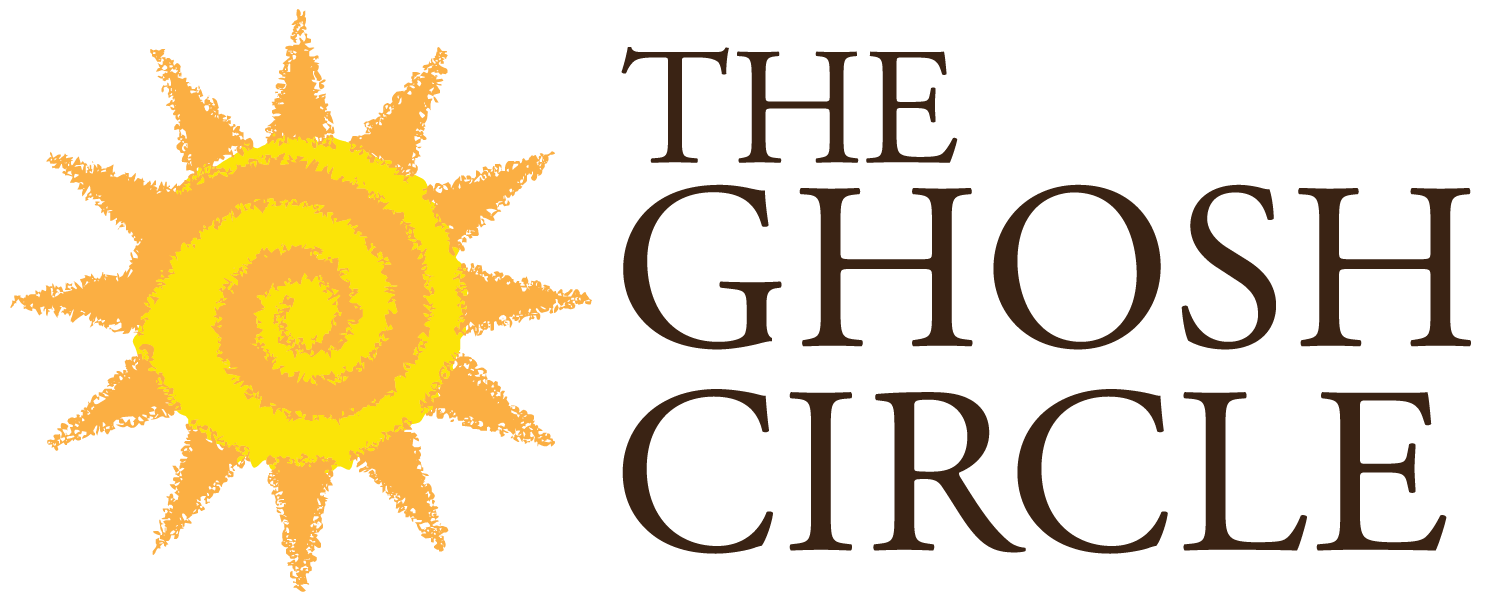Avoiding Cancer Treatment Scams
If something sounds too good to be true, it probably is. Timeworn, but trustworthy advice. It’s especially true of products that claim to cure cancer.
The marketers who advertise these products play on patients’ emotions. They take advantage of people at their most vulnerable – when they’re unwell and overwhelmed by the demands of illness and treatment.
Natural Doesn't Mean Safe
It’s normal to hope for the perfect treatment, even for a miracle cure. And it’s especially enticing when ads speak of natural remedies. But natural doesn’t mean safe or effective when it comes to cancer treatment. In fact, according to the Federal Trade Commission (FTC), products that are labeled natural – like black salve, essiac tea or laetrile – can be more than ineffective; they can be potentially dangerous.
The FTC, whose mission is to prevent deceptive business practices, provides helpful information to inform consumers about cancer treatment scams. And the Food and Drug Administration (FDA), an organization devoted to protecting and promoting health, offers insights about online cancer fraud and a list of fake cancer “cures” you should avoid.
Red Flags for Detecting Fraud
According to the FTC and FDA, the following are red flags that often indicate an advertised product is a fraud:
The ad says it will cure any type of cancer. No single treatment will work for everyone or for every type of cancer.
The ad uses “personal testimonies” from patients who claim the product works. These people may be paid actors, but even if they aren’t, personal stories are often unreliable and don’t provide scientific evidence of the product’s effectiveness.
The ad offers a money-back guarantee. Promising a refund is not proof the product will work.
The wording in the ad sounds technical. The advertiser may expect you to be impressed, but it’s not proof that the product will do what it says.
The ad claims the product is a “natural” remedy. Many “natural” substances are harmful to people, such as poison ivy, so this claim doesn’t mean it will help or that it won’t harm you.
The ad states that supplies are limited and/or you have to pay in advance.
Anatomy of a Cancer Scam
This video from the FTC explains it best. Use a healthy dose of skepticism when you see ads for cancer cures and ALWAYS talk to your doctor before trying or buying such products.

